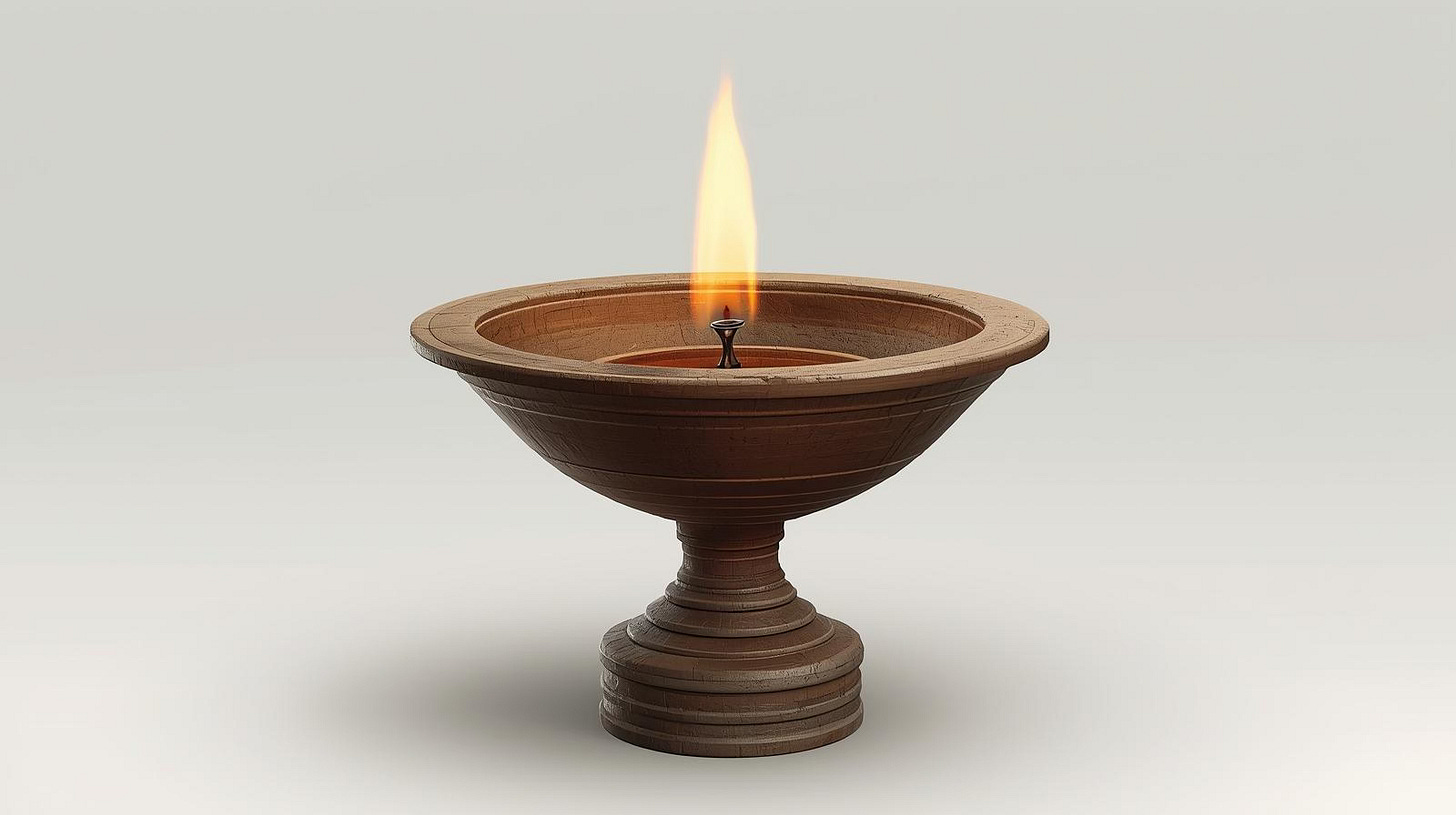Hard Hearts, Vulnerable Hearts
Our hearts should be shaped like a lamp, wide at the top and narrow on the bottom
God is madly in love with us.
He loves all of humanity with such wild intensity that He sent His own Heart into the world to be broken and shattered for us all. Jesus suffered and died even for those who continue to abuse and reject Him; He sacrificed His very self for those most unworthy to receive Him.
Does that mean we should do the same? Should we stay in a relationship that forces us to sacrifice our true selves in order to be “Christ-like”? St. Paul teaches us that “love is patient, love is kind.” Does that mean we should patiently endure abuses and other intolerable behaviors?
Obviously the answer is a resounding no, yet although we may be aware of this truth in our heads, our hearts often tell us something different. Getting our head knowledge to transfer to our hearts can be difficult, especially if a trauma bond is wreaking havoc with our nervous system and causing us to experience extreme separation anxiety.
What Does it Mean to Be Christ-Like?
The dilemma is intense: we want to be loving spouses, patient and longsuffering in case the situation changes, all while clinging to the hope that it will indeed change (and soon). At the same time we’re wilting away, being torn to shreds, exhausted, confused and in pain. We want to do what’s right and virtuous, yet we also want relief from the burdensome drama of abuse.
Quite often people imagine that being Christ-like means turning the other cheek so that one, too, can be slapped—yet that’s not at all what Christ teaches. In my book, Don’t Plant Your Seeds Among Thorns: A Catholic’s Guide to Recognizing and Healing From Domestic Abuse I explain the history of Matthew 5:38-39 in context to what Jesus was truly teaching. In a nutshell, turning the other check is about setting healthy, non-violent boundaries—not about allowing yourself to be repeatedly mistreated.
Hardening Hearts
Another story that can help us to understand how to navigate this delicate situation is found in the Old Testament. There are many instances in the Bible where we read about God hardening the hearts of sinners. One of the most familiar of these passages comes from Exodus 9:12: “But the LORD hardened the heart of Pharaoh, and he did not listen to [the Israelites].”
This statement may sound a bit cruel when read out of context, as well as contrary to Christian theology. God gives us all free will, to love or reject Him as we please. Yet if God hardened Pharaoh’s heart, does that mean Pharaoh no longer had the free will to accept or reject the Israelite’s rightful plea for religious freedom?
The answer is no, as long as we read the passage correctly. When the Bible says God hardened Pharaoh’s heart, it doesn’t mean He yanked away the ruler’s free will. In truth, Pharaoh had already hardened his own heart, refusing to set the Israelites free even after the first five plagues hit the Egyptians. He was already acting stubborn in his sin, rejecting the commands of God. Rather, “the LORD hardened the heart of Pharaoh” indicates that God left Pharaoh to wallow in his sin. The grace to “go and sin no more” was no longer available to him, because he’d already rejected it.
Pharaoh had made his choice, and God was leaving him to the consequences, withdrawing divine grace because it had already been rejected.
Sometimes, as painful as it feels, that’s what we have to do. We’re not anyone’s savior—only Christ is. To act in a Christ-like manner means to leave the saving up to Him. Our misbehaving loved one can allow their heart to harden further or to soften, but we can do nothing to change the outcome. Trying to force the situation will only exhaust and deplete us further. Sometimes being a loving spouse means not enabling toxic behavior.
“We can’t enable bad behavior in ourselves and others and call it love. We can’t tolerate destructive patterns and call it love. And we can’t pride ourselves on being loyal and longsuffering in our relationships when it’s really perpetuating violations of what God says love is … This isn’t a message that is encouraging people to divorce quickly, thoughtlessly, or unadvisedly … This also isn’t a message about encouraging people to abandon others just because things get difficult or the other person is walking through a hard season. But we also don’t need to swing the pendulum to the extreme where we stay in a destructive, toxic, or abusive relationship no matter what. Boundaries should help us avoid extremes and live closer to the kind of love God intended for relationships.”
(Lysa Terkeurst, Good Boundaries and Goodbyes: Loving Others Without Losing the Best of Who You Are)




